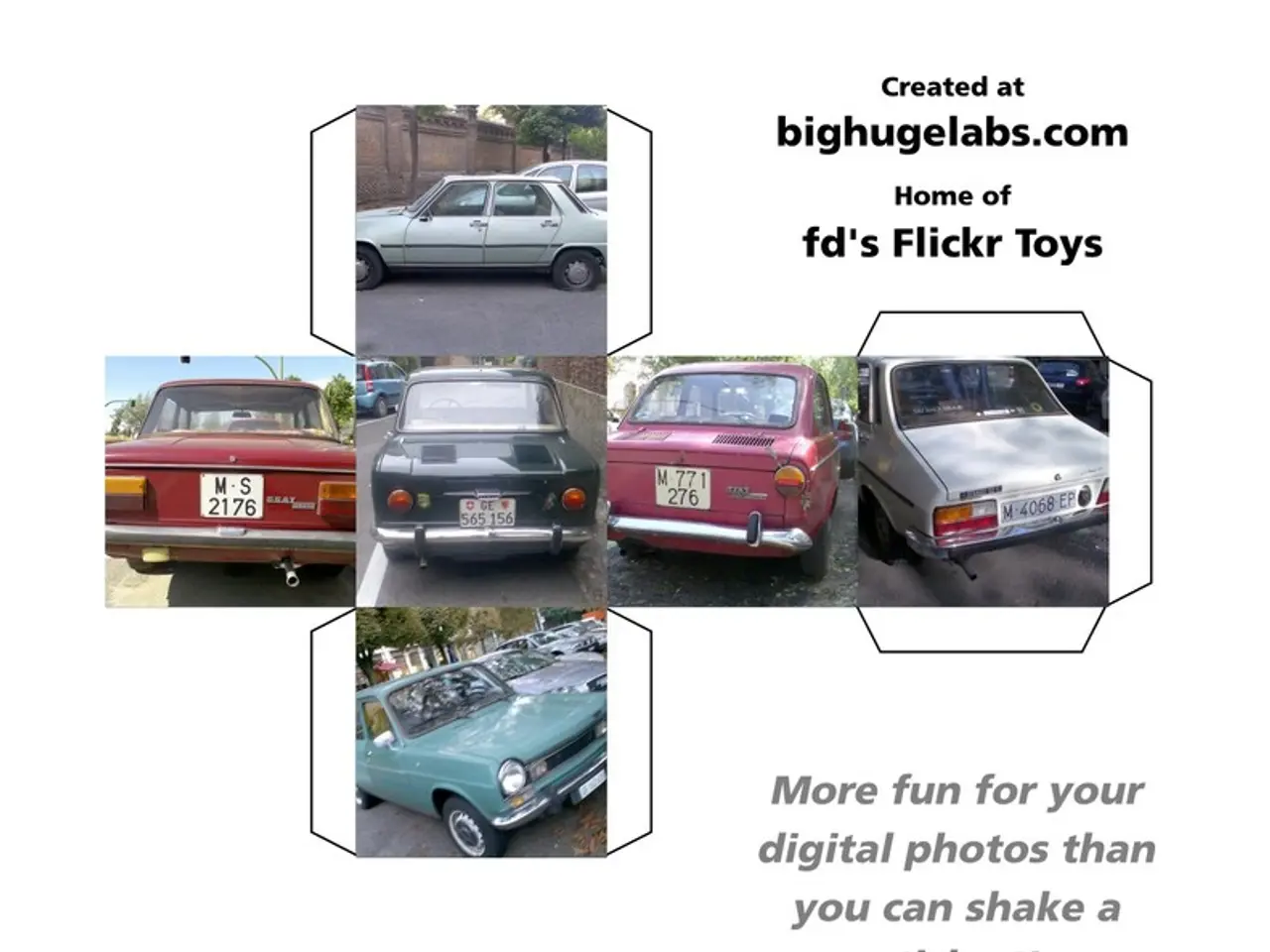Volkswagen's Controversial U-Turn
Volkswagen reportedly developing a new type of spark plug.
Volkswagen (VW) is under immense pressure as their electric vehicle sales are at a standstill. Despite the anticipated E-offensive, progress is slower than projected. Interestingly, VW's traditional combustion engine models in the premium segment continue to be a reliable income source, particularly for luxury brands like Lamborghini and Bentley, generating essential profits for the car manufacturer.
Rumors are swirling within the company about a potential move that may raise some eyebrows and suggest a significant shift. According to "Der Spiegel," VW is reportedly planning to invest billions back into its luxury combustion engines, upgrading models like the Bentley Bentayga and the new Lamborghini Temerario, priced above the 300,000 euro mark. These enhancements are made to keep the vehicles competitive against their electric counterparts.
Cost-cutting Measures and Criticism
In the luxury segment, electric vehicles are selling poorly worldwide. For VW, these high-end combustion engine models remain a vital economic mainstay. With a new technical platform under development, the combustion engines may receive a modern upgrade.
However, this decision has faced heavy criticism. Some argue that VW should focus exclusively on electric vehicles, given the growing emphasis on sustainability and the urgency to reduce carbon emissions.
Nova Project: A Modernized Combustion Engine Base
Under the "Nova" project, VW is testing the development of a new foundation for large sedans, SUVs, and sports cars with combustion engines, alongside plug-in hybrids. The new design, "zonal architecture," eliminates numerous individual control units, and instead functions like window lifters or driving assistance would be controlled by a few high-performance computers. This new setup promises faster response times, reduced costs, and lighter weight vehicles.
In-house Development or Third-party Partners?
For its electric vehicles, VW is already working on a zonal architecture in collaboration with the US startup Rivian. However, this joint venture is not intended to be extended. Instead, VW is considering partnering with the US company Applied Intuition. Initial teams were deployed in April, but Applied Intuition is said to demand an astronomical four billion euros and work with 1,200 employees on the project. This demand is reportedly deemed excessive by VW's internal teams.
As an alternative, VW is evaluating whether the existing architecture from today's Audi and Porsche models can still be used. However, insiders suggest that significant refinements would be necessary. It remains unclear whether these improvements would be sufficient to keep up with the competition in the accelerating electric vehicle market.
In brief, Volkswagen's substantial investment in upgrading its luxury combustion engine vehicles signifies a strategic response to slower-than-expected electric vehicle adoption and the resilient demand for traditional engines, especially in premium and hybrid models. This decision is met with controversy, as many advocate for a complete focus on electric mobility to address environmental concerns and embrace the shift toward sustainable technology. [Sources: 1, 3, 5]
The controversial move by Volkswagen (VW) involves investing billions back into luxury combustion engine models, signifying a significant shift in the industry's financial landscape, particularly within the automotive sector. This decision, however, has raised criticism, with many advocating for a focus on electric vehicles to align with the finance sector's growing emphasis on sustainability and the reduction of carbon emissions in the transportation industry.




